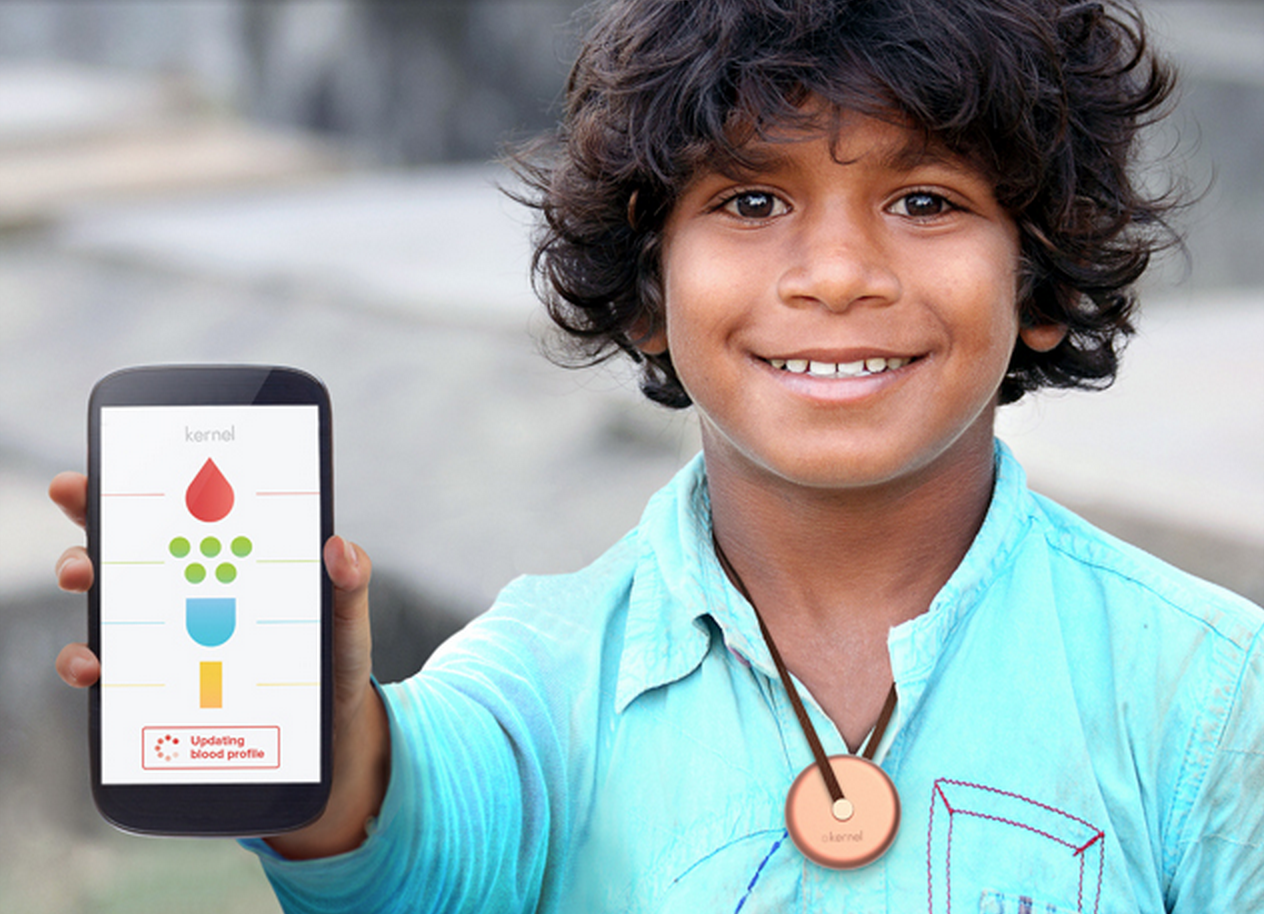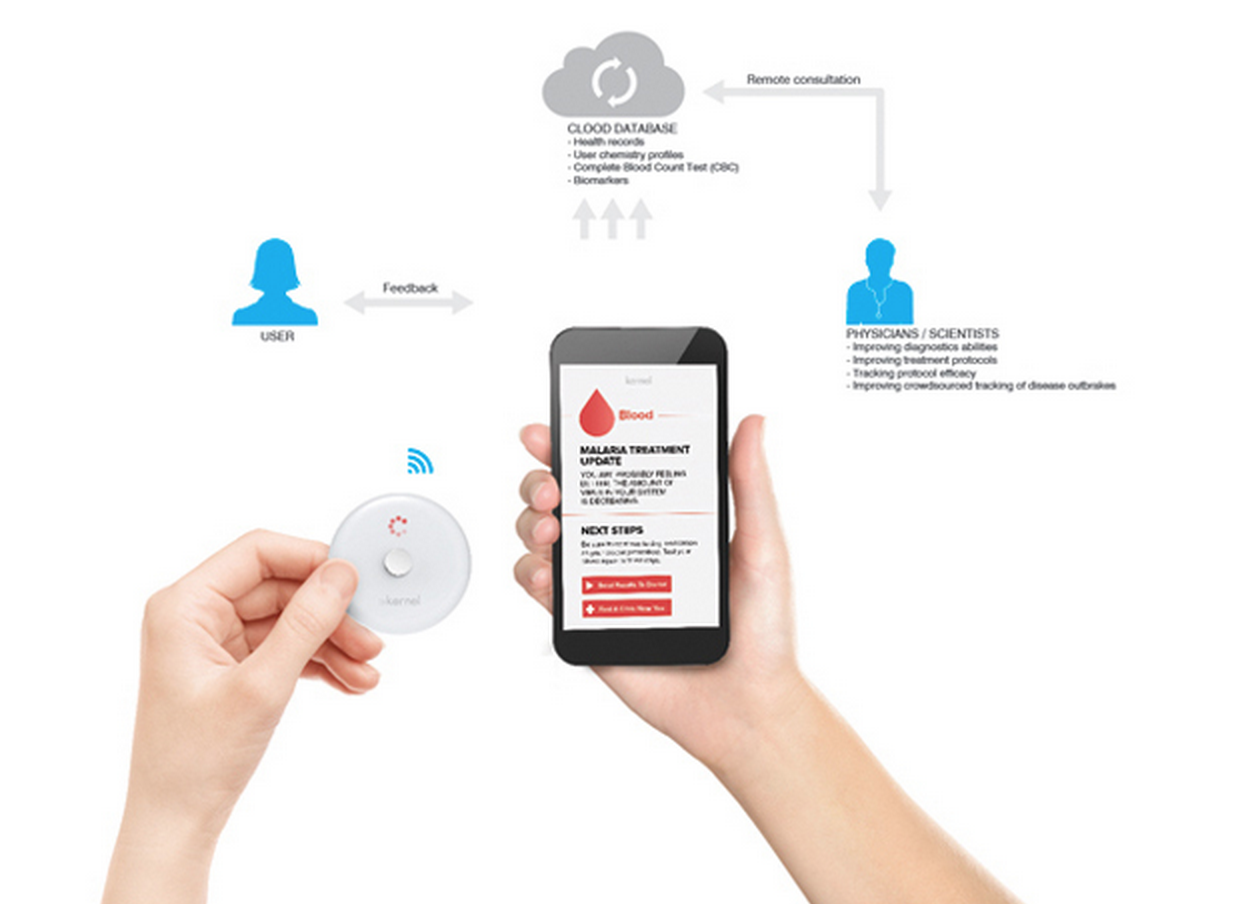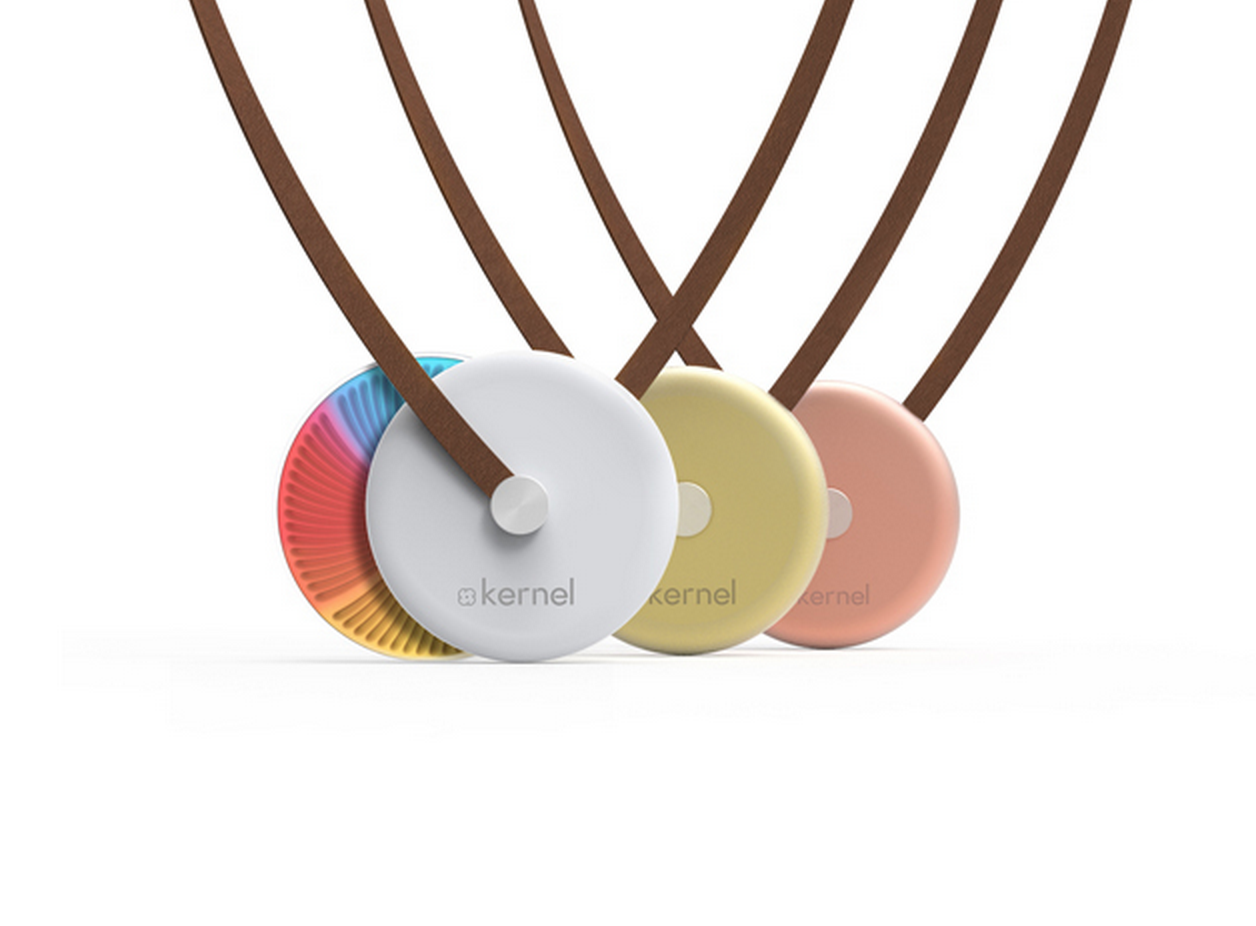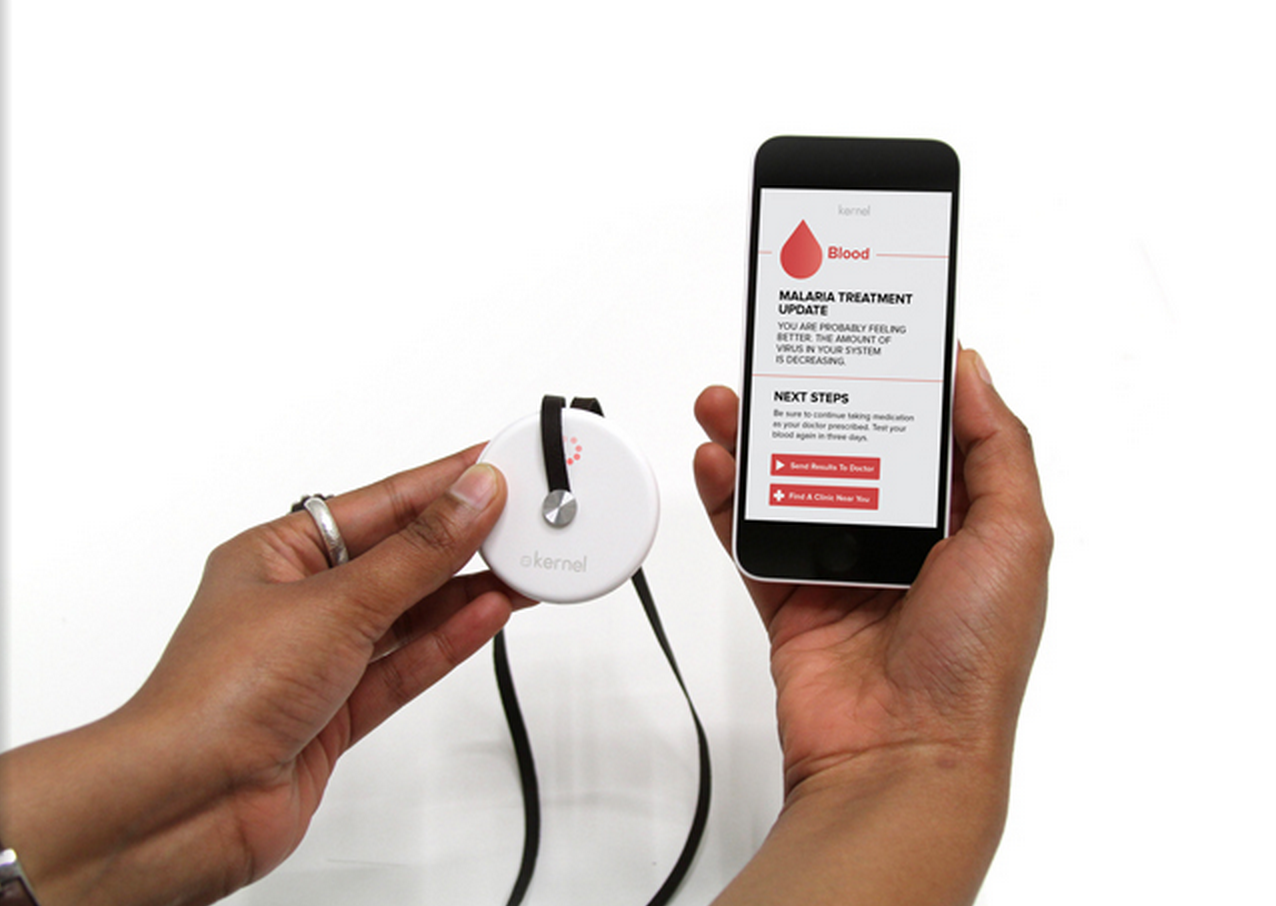Kernel of Life
Made by Fuseproject, this self-quantifying health care kit is designed for those in hard-to-reach locations


While we generally tend to think of access to medical care in terms of affordability, countless areas lack even the most basic access due to their remote location. When a doctor is multiple days away by foot, both routine and emergency care can become virtually impossible. The Gates Foundation and Wired, sensing a real opportunity to address this issue, asked the ever-visionary Fuseproject to design a durable, cost-effective device that could serve as the next-best-alternative to live medical access. This week, the studio unveiled Kernel of Life, a novel concept for cloud-based healthcare in the developing world.
While potentially useful across the spectrum of medical conditions, the Kernel is aimed at the sort chronic illnesses that require frequent monitoring and attention. It comes complete with embedded medical tests – an ‘absorbent pad’ allows for the testing of various bodily fluids, with results and prognoses mined from the infinite wisdom of the cloud – and is even self-sanitising. Moreover, its compatibility with standard mobile phones and cloud services means that a production version should be both fairly feasible and cost-effective. The Kernel promises to become useful in both preventative and restorative medicine, and could also contribute substantially to epidemiology studies in these areas, helping to provide a more accurate picture of disease prevalence than has previously been available. And while devices of any sort certainly won’t be taking the place of qualified medical professionals any time soon, they could go a long way towards eliminating much of the uncertainty and error associated with poor access to healthcare, leading to better health outcomes overall.
Kernel and several newcomers we’ve seen in recent months, such as Tinké and Lapka, show analytics, gamification and crowdsourced information teaming up to make for some seriously meaningful self-quant.






Discussion